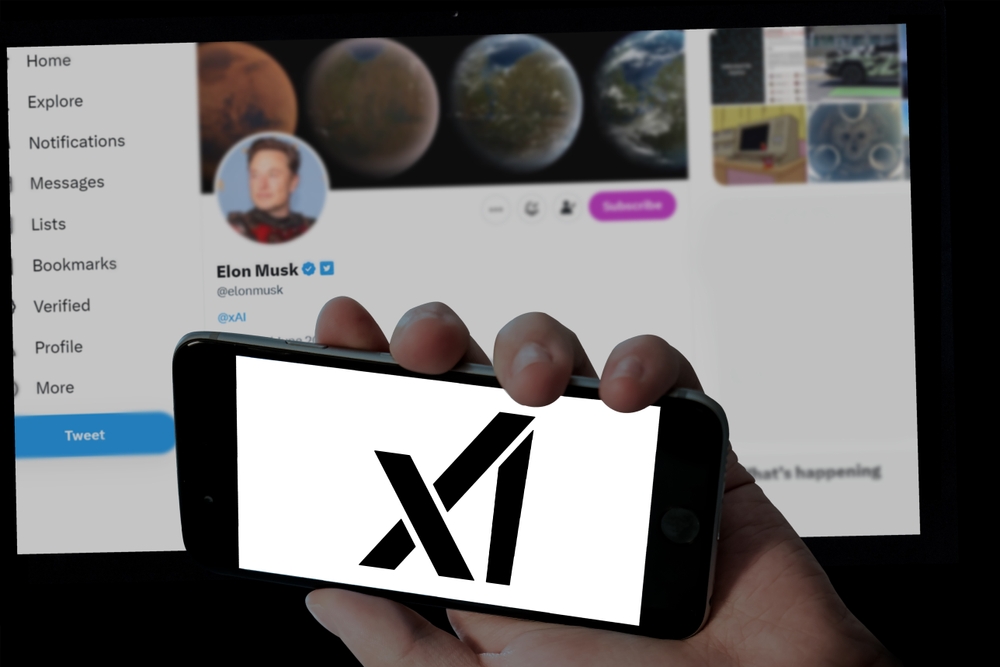Elon Musk’s AI venture, xAI, is aiming to raise up to $6 billion to challenge established players like Microsoft-backed OpenAI.
This ambitious funding round would value xAI at an impressive $20 billion. Morgan Stanley, a key player in Musk’s past financial ventures, is organizing this fundraising round.
Musk’s funding outreach has gone global, with discussions involving players in Hong Kong and sovereign wealth funds in the Middle East.
Given rising geopolitical tensions, this could become complex, as the US is actively limiting foreign funding of US tech companies, including when the US government forced a Saudi venture capital firm to divest from Rain AI.
xAI’s debut product, Grok, was launched in December. It’s an LLM trained on social media content from X, which is its USP vs competitors like ChatGPT.
Musk’s vision for xAI is to break free from the constraints of current AI models, which primarily synthesize information from existing human-generated content.
Instead, xAI ultimately aims to generate new, novel theories and insights, venturing beyond the derivative nature of current AI outputs. Grok demonstrates that vision to an extent, albeit without delivering on Musk’s bold intention to “understand the universe,” – which is xAI’s tagline.
To achieve that, Musk’s team, including experts like Igor Babuschkin from CERN and University of Toronto professor Jimmy Ba, suggests that xAI could turn to more math-driven applications for research purposes.
We just don’t know where xAI is heading after Grok.
Musk’s conversation at the xAI launch stream also touched on intriguing topics like the Fermi Paradox and the simulation hypothesis, which suggests we live in a fabricated reality – concepts he intends to investigate with AI. Or at least, that’s the idea.
The details of xAI’s financial backing are not fully disclosed, but Musk has hinted at a significant ownership stake for current X shareholders.
Musk recently stated he’d prefer a bigger stake in Tesla in order to best-channel their AI R&D toward positive ends.
Otherwise, the fears the company might pursue dangerous or misaligned goals.





